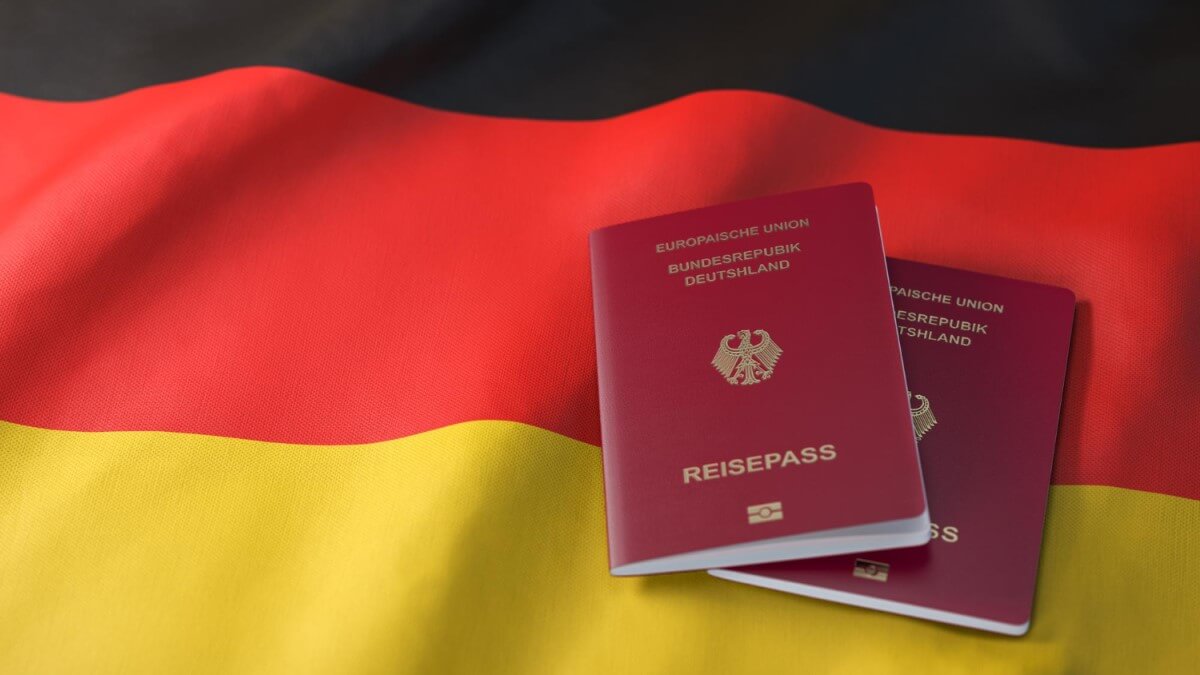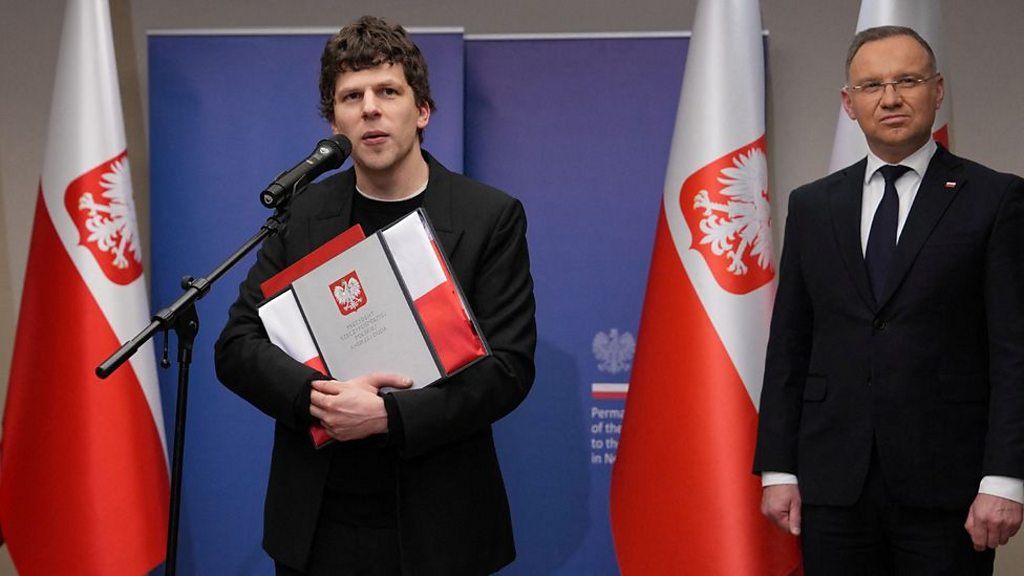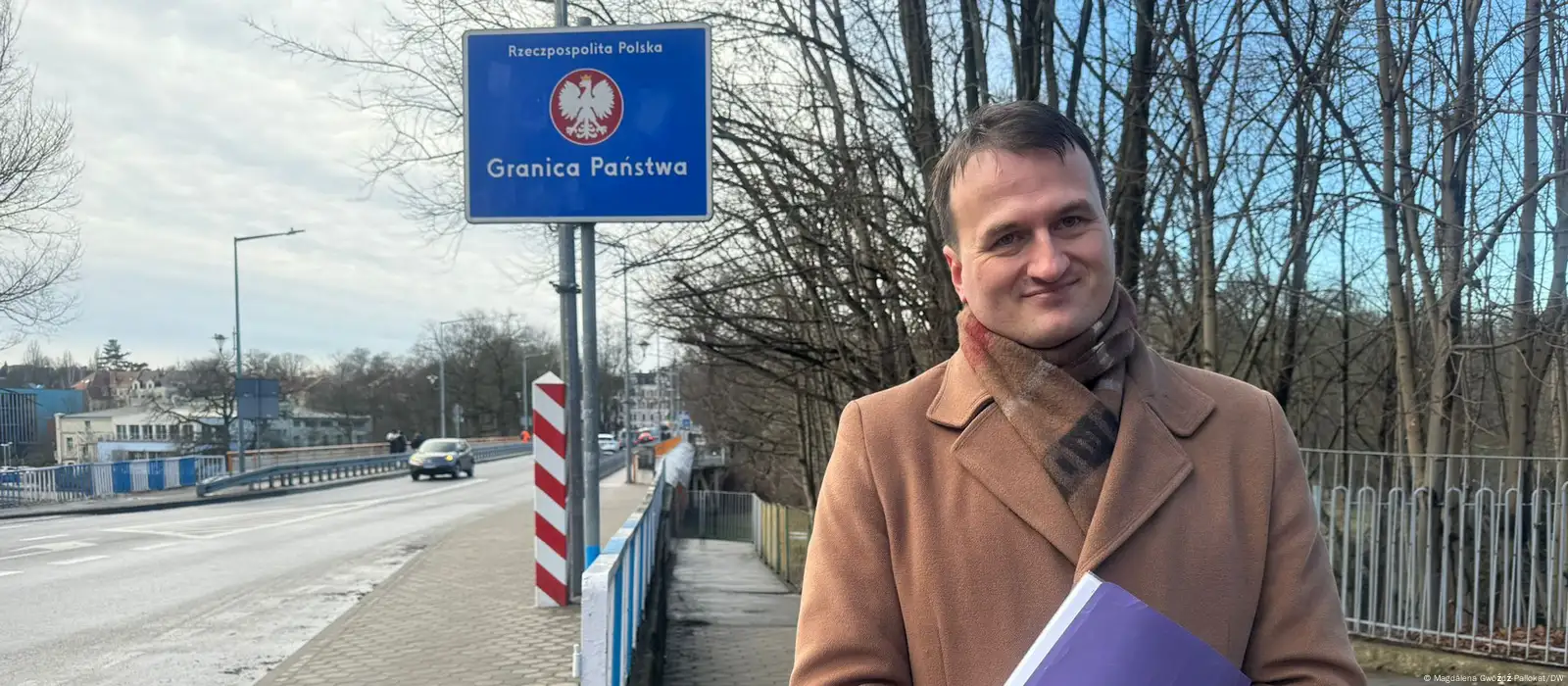In 2024, a total of 3,764 people were granted German citizenship in Brandenburg, marking the highest naturalisation rate in over two decades. This sharp increase highlights a growing trend of individuals choosing Germany as their permanent home.
Sharp Rise in Citizenship Numbers
For the past 20 years, the number of annual naturalisations in Brandenburg typically remained below 1,000. However, recent years have seen a significant rise:
- In 2022, only 1,195 people were naturalised.
- In 2023, the number surged to 2,490.
- By 2024, this figure had risen dramatically to 3,764.
The rise in applications can be attributed to several factors, including policy changes, increased migration, and streamlined naturalisation procedures.
Who Is Becoming a German Citizen?
The majority of those who received German citizenship in Brandenburg in 2024 came from countries such as:
- Syria – Many Syrians have sought German citizenship after years of living in Germany as refugees or residents.
- Ukraine – Due to the ongoing war, many Ukrainians have chosen to settle permanently in Germany.
- Poland – As a neighboring country with strong economic ties to Germany, many Polish nationals have taken up German citizenship.
- Iran – Many Iranians have applied for citizenship due to political and economic instability in their home country.
With the rise in applications, processing times have also increased. Currently, it takes around 20 months for an application to be processed from submission to approval.
Citizenship Increase in Berlin
The trend is not limited to Brandenburg. In Berlin, citizenship naturalisations have also risen sharply.
According to the State Office for Immigration (LEA), over 21,000 people were naturalised in Berlin in 2024. Officials have set an ambitious goal of reaching 40,000 naturalisations in 2025, with 3,000 applications being processed monthly.
To meet this goal, the immigration office is planning to hire 40 additional staff members to speed up application processing.
New Citizenship Law Encourages Applications
One major reason for the increase in applications is Germany's New Citizenship Law, which was introduced in June 2024. This law makes the process of obtaining German citizenship easier and more accessible.
Key changes include:
- Faster processing – Applicants no longer have to wait for extended periods.
- Dual nationality allowed – Foreign nationals are no longer required to renounce their original citizenship.
- Inclusive criteria – Citizenship is open to individuals who contribute to German society and align with its values.
As one official put it, “Anyone who shares our values and contributes to our society can now become a German citizen more quickly, without having to give up their identity.”
Why Are More People Choosing German Citizenship?
Germany is an attractive country for immigrants for several reasons:
1. Strong Economy
Germany has one of the world’s largest economies, offering job security, high wages, and career growth opportunities. Many professionals seek German citizenship to benefit from stable employment and economic prosperity.
2. High Quality of Life
Germany offers excellent healthcare, education, infrastructure, and public services. Becoming a German citizen grants access to these benefits without restrictions.
3. Stability and Security
Germany is politically stable, ensuring security and legal protection for its residents and citizens. Many people from conflict zones seek German citizenship to secure a better future.
4. Freedom of Movement
German citizens can travel freely across the EU and Schengen Area without visas. This is especially appealing for those from countries with restricted travel options.
5. Family Benefits
Citizenship provides greater security for families, including access to financial support, education, and healthcare services for children.
Challenges in the Citizenship Process
Despite the improvements, there are still challenges in obtaining German citizenship:
- Long processing times – Even though the process has been simplified, waiting times remain high.
- Bureaucratic hurdles – Some applicants struggle with paperwork, language tests, and legal requirements.
- Integration requirements – Germany requires applicants to demonstrate knowledge of the German language, history, and culture.
However, the government is working to make the process smoother and faster to accommodate the rising number of applicants.
Final Thoughts
Germany is experiencing a surge in naturalisation as more people seek stability, security, and economic opportunities. Brandenburg and Berlin are seeing record numbers of new citizens, reflecting a broader trend across the country.
With the introduction of the New Citizenship Law, more people are encouraged to apply, knowing they can retain their original nationality while becoming part of German society.
As Germany continues to attract skilled workers, refugees, and long-term residents, citizenship applications will likely remain high in the coming years. The government’s efforts to streamline the process and support integration will play a key role in shaping Germany’s future as a diverse and welcoming nation.






























0 Comments